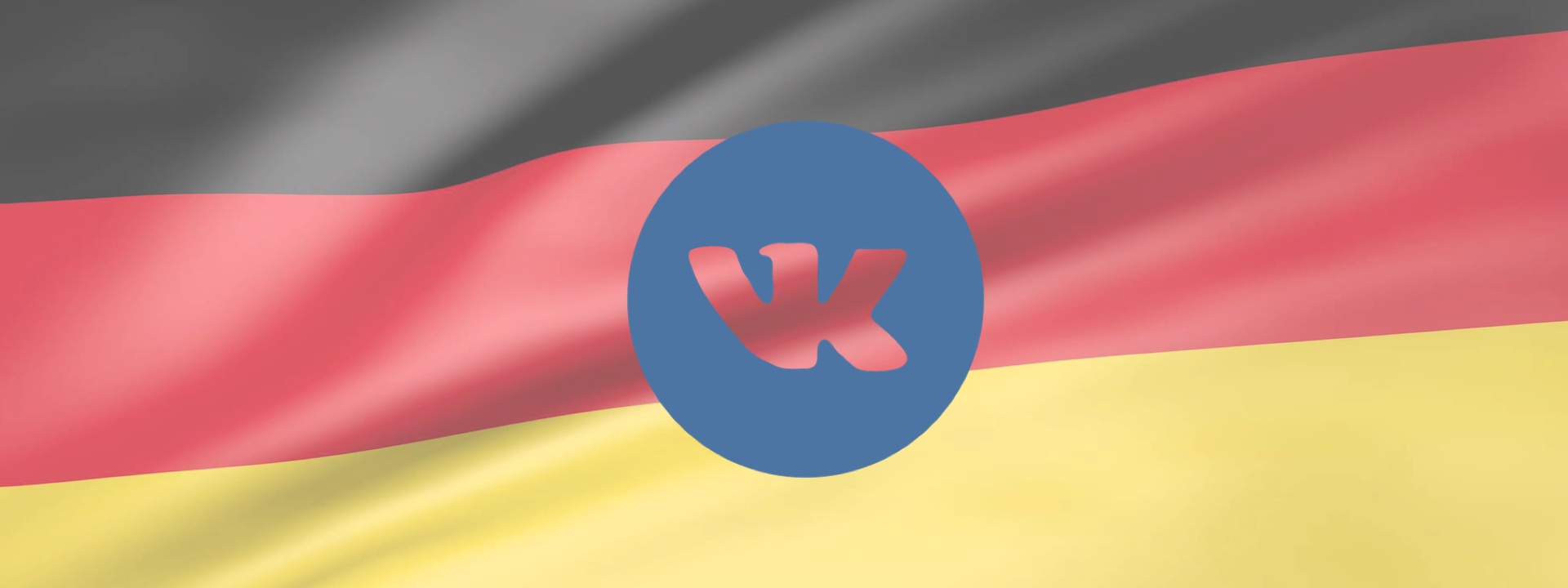#ElectionWatch: German Fringe Media Targets Russian Social Media Platform
How Russian Facebook became a popular website in Germany and a source of fringe news
#ElectionWatch: German Fringe Media Targets Russian Social Media Platform

How Russian Facebook became a popular website in Germany and a source of fringe news

Vkontakte (VK), a Russian social media alternative to Facebook, boasts a significant German audience. VK’s own data shows 728,809 users on the platform are German, which is a relatively small number compared to Twitter’s 4 million German users and Facebook’s 38 million. However, 6.9% of VK’s total visitors come from Germany, and German users’ engagement on the platform is significantly greater, which makes it is the 8th most popular website in Germany, outranking Twitter, Spiegel, Bild, Whatsapp, and Netflix.

Nevertheless, VK remains an overlooked social media platform ahead of the German elections. A recent study published by the Oxford Computational Propaganda project found the Alternative für Deutschland (AfD) party dominates German Twitter using both human and automated (bots) tools. But who dominates VK, which — like Facebook — is more heavily engaged but somewhat harder to measure?
Analysis of the sixty most popular posts on VK published between September 1 and September 21 containing the word “wahlen” (“elections” in German), revealed stories from fringe media outlets supporting fringe political parties significantly outnumbered stories published by larger, established media outlets. Out of the sixty posts studied, five contained URLs to larger, established media outlets, five did not have a URL, and fifty had a URL leading to a fringe media outlet.
Of the sixty posts analyzed, fifty-four were supportive of the AfD party.
These posts most commonly quoted michaelgrandt.de, anonymousnews.ru, and philosophia-perennis.com. All of them are fringe media outlets, characterized by biased reporting on refugees, mainstream political parties, and the European Union (EU).
These sites owe much of their popularity to VK. Anonymousnews.ru, the fringe news outlet @DFRLab previously reported on, received more than seven percent of its traffic from VK, making it the second largest traffic generator for the site after Facebook (9.6%).
VK revealed a general user preference for biased and highly emotive reporting, especially anti-refugee and anti-Merkel stories. For example, one popular article from Anonymousnews.ru shared by the outlet’s VK page attacked the two leading parties, Merkel’s Christian Democratic Union (CDU) and Martin Schulz’s Social Democratic Party (SDP).

Another story accused Chancellor Merkel of war crimes and called on the readers to “share the story with politicians they trust” to tell them about this “scandal”.

AfD’s prominent, albeit unofficial, presence on Vkontakte explains the preponderance of support for the party among the platform’s users. At least seventeen VK pages use AfD’s branding and promote the party’s message.

By comparison, the SDP and CDU do not have a presence on VK. This is a form of micro-targeting political demographics, as the AfD rely on support from the Russian diaspora in Germany and communicate in Russian.
https://twitter.com/Alexey__Kovalev/status/907864085886369793
They replicated this micro-targeting effort on VK as well, namely in the “Russlanddeutsche fur AfD” group. An AfD activist manages the group and posts daily. The same page on OK.ru, another Russian language social media platform, has 9,487 followers.

Although the page primarily posts Russian language AfD promotional materials, they have also posted inflammatory and offensive content.

Three days ago, a German fact-checking website, Correctiv.org, published an article about AfD’s Russian language efforts and found that the OK.ru page used offensive language to describe people of color in the community’s posts. The page has since deleted the post, but it demonstrates the inflammatory or harassing content can flow freely in these largely unmoderated social networks.
As DFR Lab exposed in January, VK has created an alternative online space in Germany, unconstrained by hate speech laws and rules and with little regard for accurate reporting. It has enabled a fringe, highly engaged minority to dominate the space shared by a diverse group of Germans, giving undue prominence to false reporting and biased news that align with a political party, which represents a comparatively small proportion of Germans. Coupled with findings published by the Oxford Computational Propaganda project, the full scope of AfD’s savvy is in full view and grants the party an upper hand on at least two out of three biggest social networks in Germany.
Follow along for more in-depth analysis from our #DigitalSherlocks.

